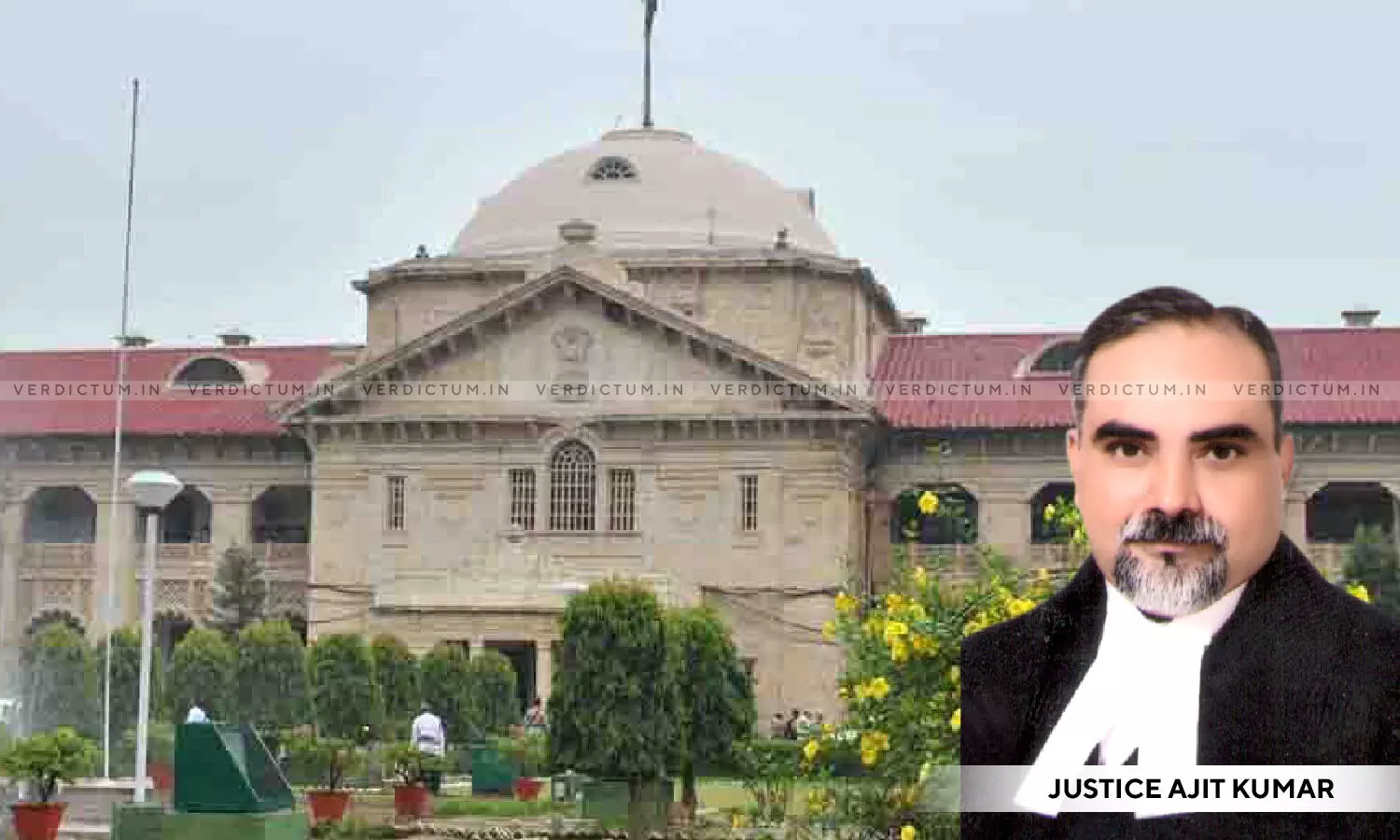
No Employee Upon Transfer Should Be Made Junior To An Employee Of His Cadre: Allahabad HC Directs UP Power Corporation
 |
|The Allahabad High Court has directed the UP Power Corporation as well as various DISCOMS to ensure that that no employee upon transfer from one place to another place is made junior to an employee of his cadre.
The Court ruled that while employee transfers within a distribution company are permissible, they must ensure that employees are transferred to equivalent posts without compromising their seniority.
The Single-Judge Bench of Justice Ajit Kumar observed, "If an employee is working in the office of the Chief Engineer, he should be transferred to the office of the Chief Engineer. Likewise, employees working in the office of the Superintendent Engineer or Executive Engineer only."
The petitioners, employees of Purvanchal Vidyut Vitaran Nigam Ltd. (a Distribution and Supply of Electricity Company, DISCOM), approached the Court challenging their transfer orders from one zone to another. They argued that the 2019-2020 transfer policy had lapsed, and the transfers could not be based on it. They also claimed that the 2023 circular, which extended the transfer policy, lacked statutory force and could not justify the transfers.
Additionally, the petitioners contended that the transfers were arbitrary and led to a loss of seniority, arguing that the transfers were not based on administrative needs or public interest.
The Court noted that a significant number of transfer orders were issued by the corporation, but these orders did not specify the posts to which the employees were being transferred. This left employees uncertain about their duties until they reported to the new office. "I may hasten to add here that transfer though is permissible within the distribution company but in no circumstances, seniority of employees should be compromised nor, the employees can be directed to be posted in an inferior office to the one they have been serving at, from where they are sought to be transferred," the Court said.
Citing earlier judgments, the Court reaffirmed that the U.P. Electricity Reforms Transfer Scheme, 2000, did not require statutory rules for employee transfers. The Court referred to the Division Bench's ruling in Rajeev Kumar Jauhari v. State of UP, which upheld the scheme, noting that companies under the Companies Act could issue binding administrative instructions without needing statutory rules.
The Court dismissed the petitioners' claims that their seniority was affected by the transfer orders, stating that an employee's rank would not change simply due to a transfer. The Court also noted that the petitioners did not plead in their writ that their seniority would be impacted by the transfer.
"A person higher in rank will remain higher in rank because he/she is promoted in a particular circle for availability of posts and fulfilling eligibility criterion whereas an employee working in another circle in the same cadre may not have been promoted for want of vacancy even though his length of service more in number of years," it said.
Conclusively, the Court declined to quash the transfer orders but granted the petitioners the liberty to represent their concerns before the authorities. "These all petitions are since lacking in pleadings as to the grounds raised and the argument advanced that they would become junior to the officers of their own cadre, no presumption can be raised that the transfer orders are in any manner going to prejudice them in the event they go and join at their respective transferred places. Hence, I decline to interfere with the transfer orders challenged in all these petitions," the Bench said.
The Court also urged the U.P. Power Corporation to frame necessary regulations to establish a DISCOM-based cadre system to maintain employee seniority and ensure that no transferred employee is placed below their cadre.
The Bench emphasized, "It is expected that the U.P. Power Corporation will frame necessary regulations to create a DISCOM-based cadre strength of its employees and seniority. It is better that it is done at the earliest."
Cause Title: Anupam Srivastava And 7 Others v. Uttar Pradesh Power Corporation Ltd. & connected matter [Neutral Citation No: 2024:AHC:133033]
Click here to read/download the Judgment